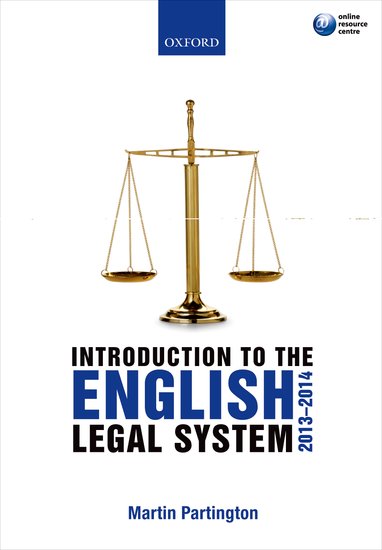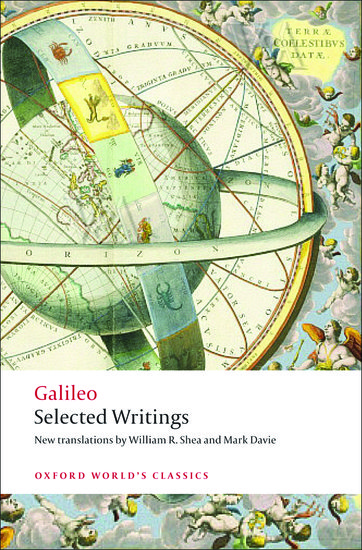Your new OUPblog editor
The OUPblog celebrated its tenth anniversary last summer and – over the course of the last decade – has gone from strength to strength. In order to help the blog continue to flourish, our focus will be on expanding our community and growing our discipline specific content. Most of all, we will endeavor to inform and entertain you, the regular reader, as you are what makes the OUPblog so special.










